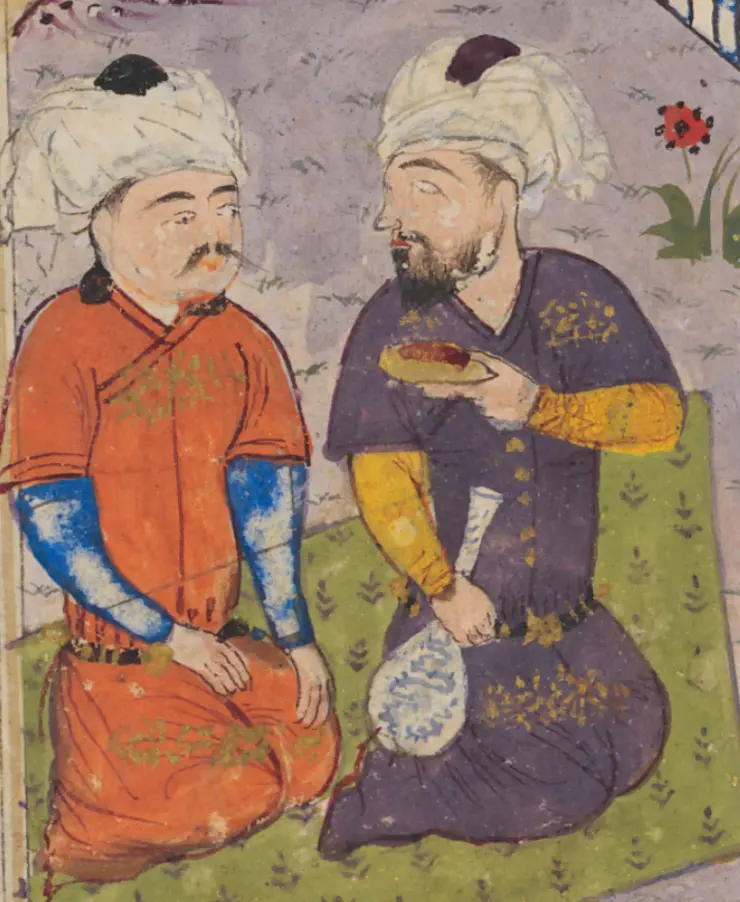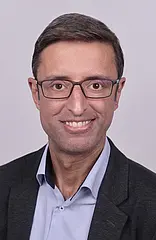New online discussion series "Gotha Manuscript Talks"

The series will primarily discuss the question of how individual manuscripts have changed the view of research subjects. Subjects may include historical or literary developments, theological problems, transmission processes, social and intellectual networks, artistic and museum practices, economic developments and many other social and intellectual phenomena centred on Oriental manuscripts from all languages of the Middle East and Asia. Manuscripts also shed light on patrons, authors, copyists, illuminators, translators, dealers, bibliophiles, buyers, owners and antiquarians, both in the main text and in secondary annotations, in their design and in their craftsmanship.
In the first talk, Prof. Dr. Konrad Hirschler will present the earliest documented private Arab library under the title "The Books of Burhan al-Din - Library Archaeology and Book Culture in Mamluk Jerusalem". It dates back to the late 14th century and belonged to a scholar named Burhan al-Din, whose estate was publicly auctioned after his death. The list of books sold, which has survived to this day, provides a unique insight into his library and offers a rare opportunity to reconstruct one of the many lost Middle Eastern libraries of this period. This reveals the extent to which broader strata of societies participated in the circulation of the written word and the extent to which they were actors in the library landscape.
Konrad Hirschler is Professor of Islamic Studies at the Freie Universität Berlin. His main field of research is the social and cultural history of Egypt and the Levant (Bilad al-sham) in the Ayyubid and Mamluk periods (c. 1200-1500). In recent years, he has worked especially on the history of reading, the materiality of manuscripts and the historical development of libraries. His publications have been translated into numerous languages and have won international book prizes. His books include: A Monument to Medieval Syrian Book Culture – The Library of Ibn ʿAbd al-Hādī (2020), Medieval Damascus: Plurality and Diversity in an Arabic Library (2016), The Written Word in the Medieval Arabic Lands: A Social and Cultural History of Reading Practices (2012) and Medieval Arabic Historiography: Authors as Actors (2006). His current research focuses on the library and archive history of Jerusalem.
The Gotha Research Library preserves the third largest collection of Oriental manuscripts in Germany. These approximately 3,400 manuscripts, most of which came into the library around 1800, are relevant to all fields of scholarship and shed light on the most diverse aspects of manuscript cultures. By inviting renowned researchers to the "Gotha Manuscript Talks", the Gotha Research Library would like to use the material in a webinar series to provide impulses for an increased exchange on manuscript cultures across disciplinary boundaries and to bring researchers and interested parties into conversation with each other about oriental manuscripts. The moderator is Dr. Feras Krimsti, who is in charge of the library's collection of oriental manuscripts.
The event will take place online and can be accessed via the following link: https://uni-erfurt.webex.com/meet/veranstaltungen.fb.

